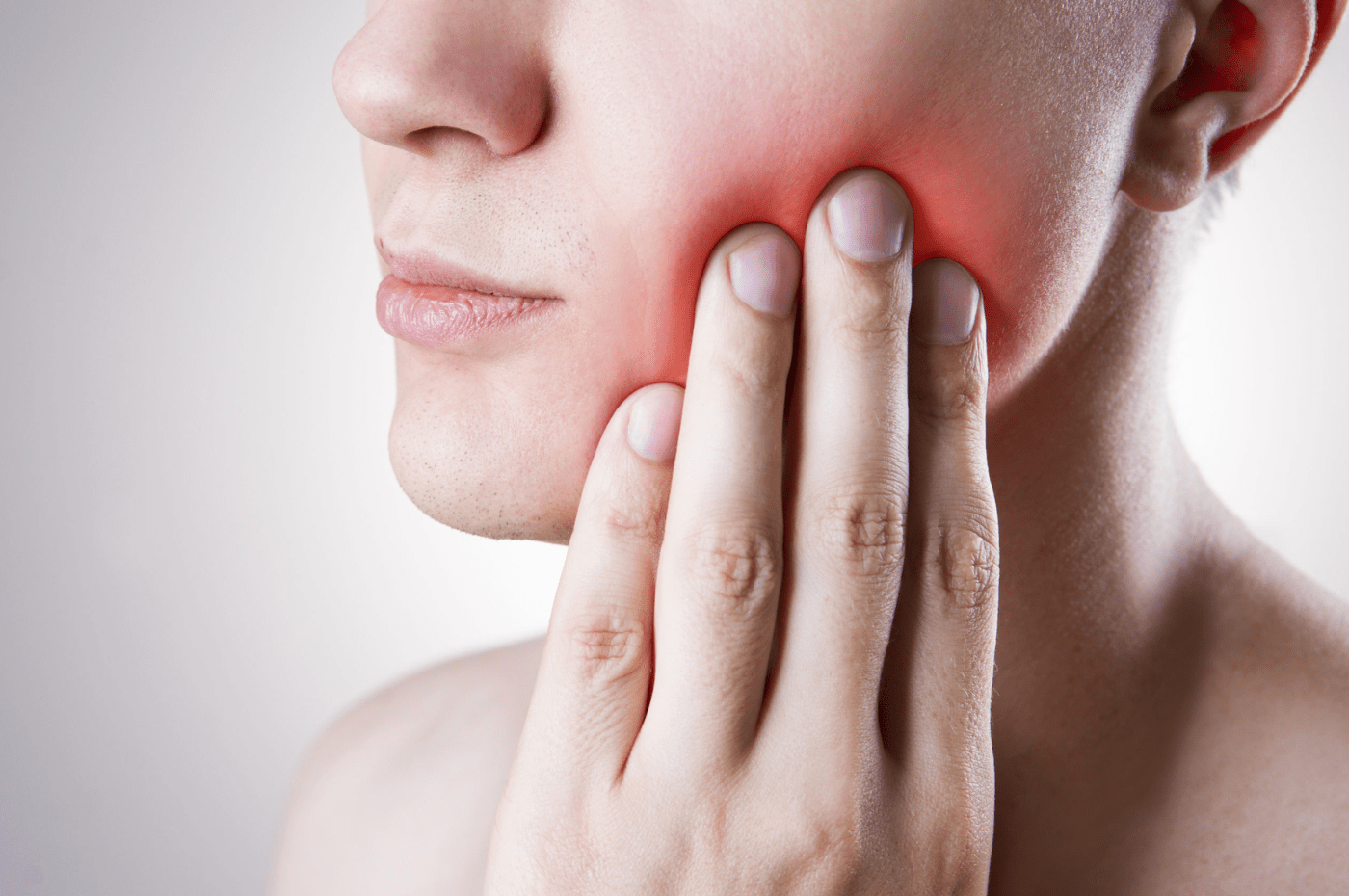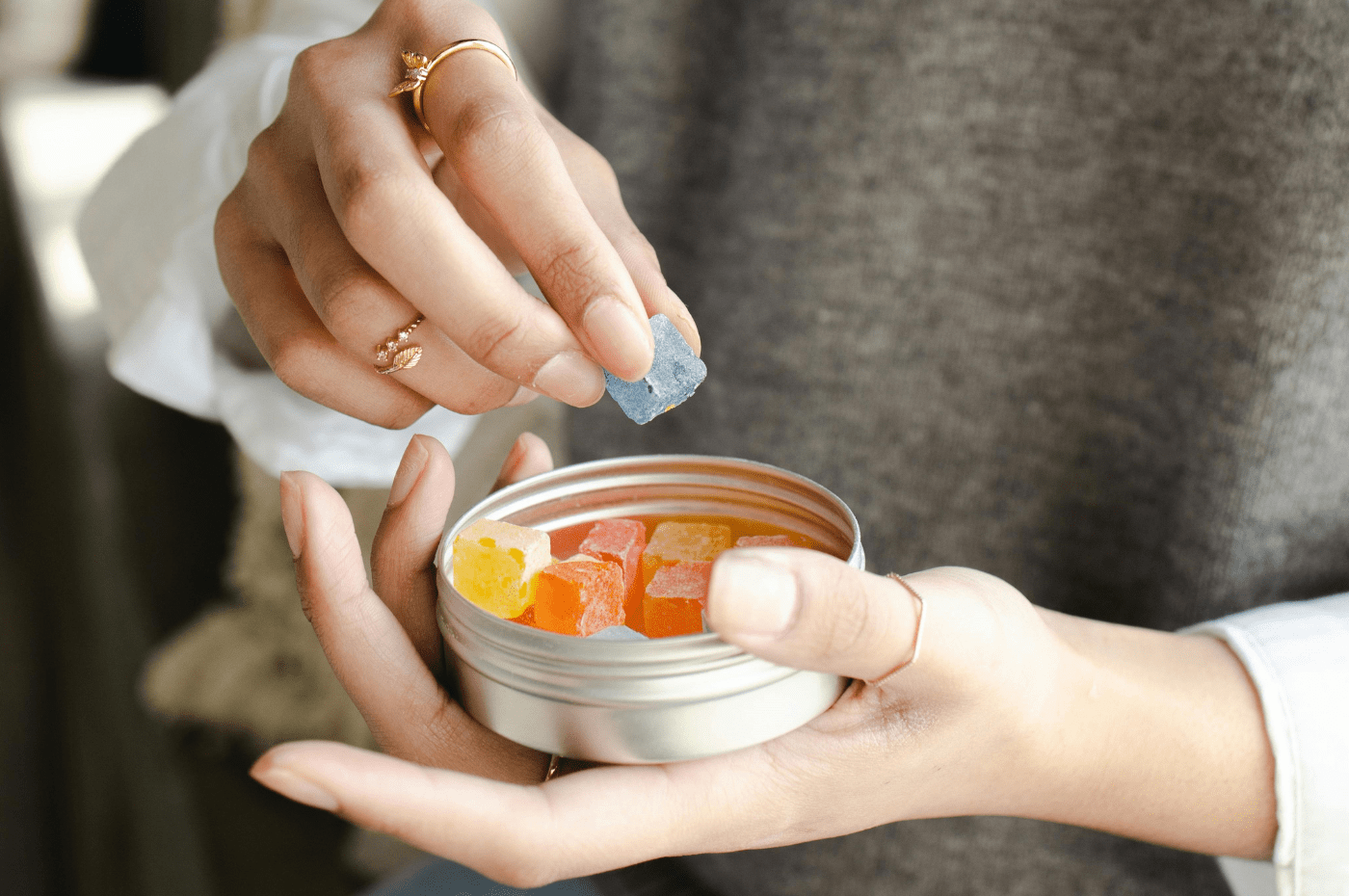Trigeminal neuralgia (TN) is often referred to as one of the most painful medical conditions known to humanity. It is a chronic pain condition that affects the trigeminal nerve, responsible for carrying sensations from the face to the brain. For many sufferers, even simple activities like eating, talking, or smiling can trigger excruciating pain. As conventional treatments often have limitations or side effects, an increasing number of people are turning to alternative remedies like cannabidiol (CBD) for relief. In this blog, we explore how CBD might help alleviate trigeminal neuralgia, focusing on its potential benefits, scientific evidence, and relevance to the Indian audience.
Understanding Trigeminal Neuralgia: A Brief Overview
What is Trigeminal Neuralgia?
Trigeminal neuralgia is a neuropathic pain condition caused by irritation or compression of the trigeminal nerve. It is characterized by sudden, severe, and stabbing pain, usually on one side of the face. Episodes can last from seconds to minutes and may occur multiple times a day.
Causes and Risk Factors
The common causes of TN include:
- Blood Vessel Compression: Most cases are due to a blood vessel pressing on the trigeminal nerve.
- Multiple Sclerosis: Damage to the myelin sheath of the nerve.
- Tumors or Lesions: Rare cases involve tumors or abnormalities compressing the nerve.
- Aging: TN is more common in individuals over the age of 50.
Current Treatments for Trigeminal Neuralgia
Conventional treatments for TN include medications like carbamazepine, surgical interventions, or nerve blocks. However, these options often come with side effects such as drowsiness, dizziness, or, in some cases, limited effectiveness. This has led to a growing interest in natural alternatives like CBD.
What is CBD?
An Introduction to Cannabidiol
CBD is a non-psychoactive compound derived from the cannabis plant. Unlike tetrahydrocannabinol (THC), CBD does not produce a "high" and has been widely studied for its potential therapeutic benefits.
Legal Status of CBD in India
CBD products are legal in India if they are derived from industrial hemp and contain less than 0.3% THC. These are available in forms like oils, tinctures, capsules, and topical creams.
How CBD Works for Pain Management
Interaction with the Endocannabinoid System (ECS)
The human body has an endocannabinoid system (ECS) that regulates pain, inflammation, mood, and more. CBD interacts with ECS receptors (CB1 and CB2) to modulate pain perception and reduce inflammation.
Neuroprotective Properties
Studies suggest that CBD has neuroprotective effects, which may help mitigate nerve damage and pain signaling associated with TN.
Anti-Inflammatory Effects
CBD's anti-inflammatory properties can alleviate the underlying inflammation that may exacerbate TN symptoms.
Scientific Evidence Supporting CBD for Trigeminal Neuralgia
Pain Reduction Studies
While specific research on CBD for TN is limited, studies on neuropathic pain conditions show promising results:
- A 2020 review published in the journal Frontiers in Neurology highlighted CBD's potential to reduce chronic pain by influencing pain receptors and inflammatory pathways.
- A study in The Journal of Pain (2018) found that CBD reduced neuropathic pain in animal models.
Anecdotal Evidence
Many TN patients worldwide report significant relief from pain after using CBD. These testimonials, though not scientifically verified, add weight to CBD's growing popularity as a pain management tool.
How to Use CBD for Trigeminal Neuralgia
Forms of CBD
- CBD Oil/Tinctures: Taken sublingually (under the tongue) for quick absorption.
- Topical Creams: Applied directly to the affected facial area.
- Capsules or Edibles: Provide long-lasting effects but take longer to act.
Recommended Dosage
CBD dosage varies depending on factors like body weight, pain severity, and individual tolerance. It’s advisable to start with a low dose (e.g., 5-10 mg per day) and gradually increase under medical supervision.
Benefits of CBD for Trigeminal Neuralgia
- Non-Addictive Alternative: Unlike opioids, CBD is non-addictive and has minimal side effects.
- Reduces Anxiety: TN often leads to anxiety and depression due to chronic pain. CBD’s anxiolytic effects can help.
- Improves Sleep: Chronic pain disrupts sleep, and CBD can promote better rest.
- Minimal Side Effects: Common side effects include mild drowsiness or dry mouth, making CBD a safer alternative for long-term use.
Challenges and Precautions
- Lack of Extensive Research: While preliminary studies are promising, more clinical trials are needed to establish CBD's efficacy for TN.
- Quality Control: Always purchase CBD from reputable brands that provide third-party lab test results.
- Consult a Doctor: Individuals with medical conditions or those on other medications should consult a healthcare professional before using CBD.
Rising Cases of Trigeminal Neuralgia in India
Aging population and lifestyle changes have led to an increase in TN cases in India. Awareness about alternative treatments like CBD can empower patients to explore effective options.
Data and Facts: Strengthening the Argument
- Global Neuropathic Pain Statistics: According to a study published in Pain Reports, about 7-10% of the global population suffers from neuropathic pain, with TN being a significant subset.
- CBD Market Growth: The Indian CBD market is projected to grow at a compound annual growth rate (CAGR) of 20% over the next five years, reflecting increasing acceptance and demand.
- Patient Testimonials: A survey conducted by Healthline in 2021 reported that 62% of chronic pain patients found CBD effective.
Conclusion
CBD offers a promising alternative for managing trigeminal neuralgia, especially for those seeking natural, non-invasive relief from chronic pain. While more research is needed, the existing evidence and growing anecdotal support make CBD a viable option for many. For the Indian audience, the combination of accessibility, legal acceptance, and alignment with traditional herbal medicine makes CBD an attractive solution.
If you or someone you know suffers from trigeminal neuralgia, exploring CBD under medical guidance could be a step towards better pain management and improved quality of life. Always prioritize high-quality products and consult a healthcare professional before starting any new treatment.
Disclaimer
This blog is for informational purposes only and does not constitute medical advice. Always consult a qualified healthcare provider before using CBD or making any changes to your treatment plan.





Leave a comment
This site is protected by hCaptcha and the hCaptcha Privacy Policy and Terms of Service apply.